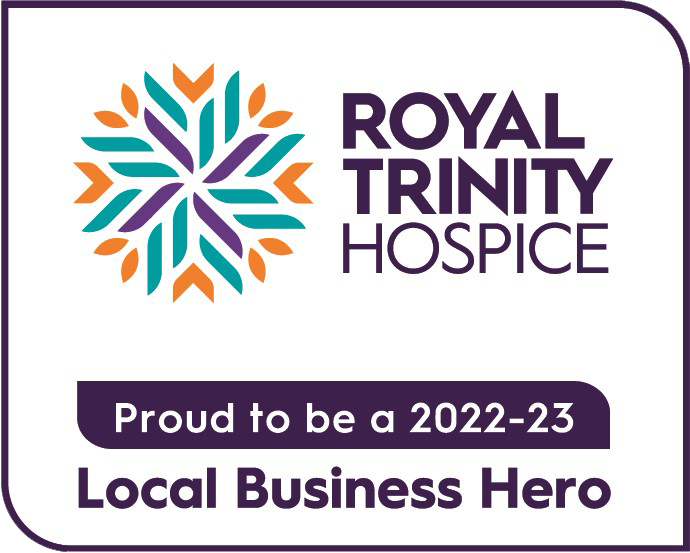You can handle the truth
 To paraphrase Malcolm X: the media controls the minds of the masses; it has the power to make the innocent guilty and the guilty innocent. That (or something to that effect) was said long before the rise of the internet and rumour-hungry networks like Twitter. Though the latter examples have completely changed the way we interact with news and have revolutionised the speed at which it travels, they have also allowed the propagation of ill-informed, prejudiced and agenda-driven content.
To paraphrase Malcolm X: the media controls the minds of the masses; it has the power to make the innocent guilty and the guilty innocent. That (or something to that effect) was said long before the rise of the internet and rumour-hungry networks like Twitter. Though the latter examples have completely changed the way we interact with news and have revolutionised the speed at which it travels, they have also allowed the propagation of ill-informed, prejudiced and agenda-driven content.
In some instances this is taken laughably far. Conspiracy theory, for example, was once the niche of eccentrics but has now gone mainstream, thanks largely to online, community-based forums. Most of this is harmless; some of it is politically, racially or religiously charged with the aim of fomenting hatred or worse.
Mainstream media outlets – arguably still struggling to find their feet in this new world – have a responsibility to offset all the gossip and bent truths, but they also write for an audience. Though this doesn’t (usually) equate to lies, it does equate to different story angles, typically sympathetic to the interests of readers. More troublingly, they, too, have a taste for scandal and scoops, both of which lead to a search for the sensational.
If you were watching Twitter yesterday you may have seen outrage erupt over revelations from the BBC (among others) that Isis had issued a fatwa enforcing female genital mutilation on young women in Mosul, Iraq. Outrage well placed, I’m sure you’ll agree. However, this morning doubts began to emerge about the veracity of that story. If proved false it will not undo the rest of the harm that organisation has inflicted, but it does demonstrate the speed at which misinformation can be disseminated. It should lead us to question what we read; to temper our immediate reaction; to read more and seek the whole story.
Closer to home, we are regularly fed domestic tales of disaster and woe in the world of health, and in some circumstances – most recently in relation to increased complaints about doctors and services resulting from negative media coverage – this disproportionately influences the actions or perceptions of the public. Now I am all for patient empowerment, but is there really any value in picking apart every health interaction in search of fault? Worse still, is there value in encouraging the moderately aggrieved to add to the already ludicrous NHS litigation bill (assuming, of course, we are not talking about genuine, life-altering errors)?
If it is to survive, the NHS needs champions. It needs the media on side – if not to sing its praises, then to openly support a different direction. Searching daily for the next scandal helps no one. People will pick up papers (or digital equivalents) and vent their disgust on Twitter, but solutions to the institution’s underlying problems will still be ignored.
I have the privilege of scanning the mainstream and specialist press every morning. It’s part of my job. Most people, however, will get their news from one source – ‘official’ or otherwise. I’m not saying that’s wrong, but I am saying you’re not getting the whole picture. When it comes to serious national debates, we have an obligation to be sceptical; sceptical of national outlets and the noisiest voices on digital media. We can all handle the truth, but let’s make sure it’s the whole truth.

